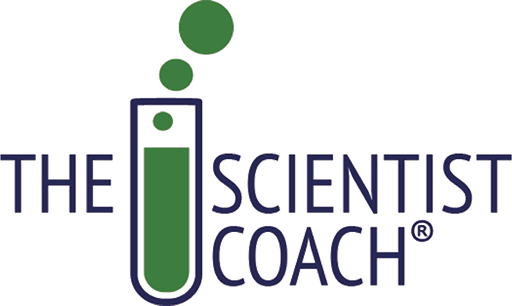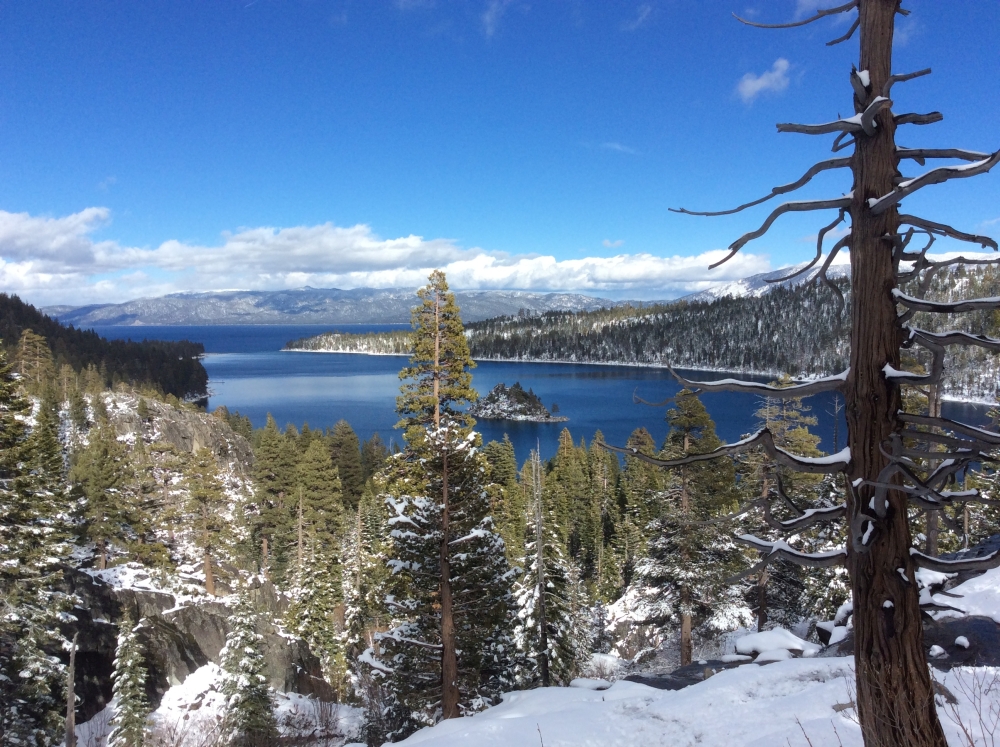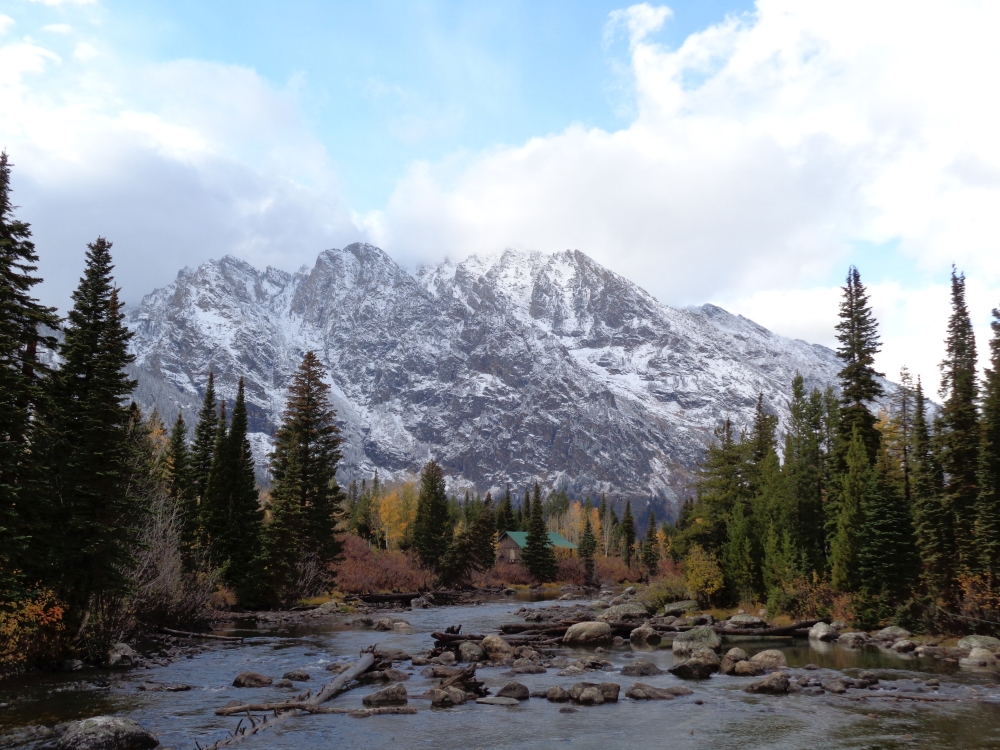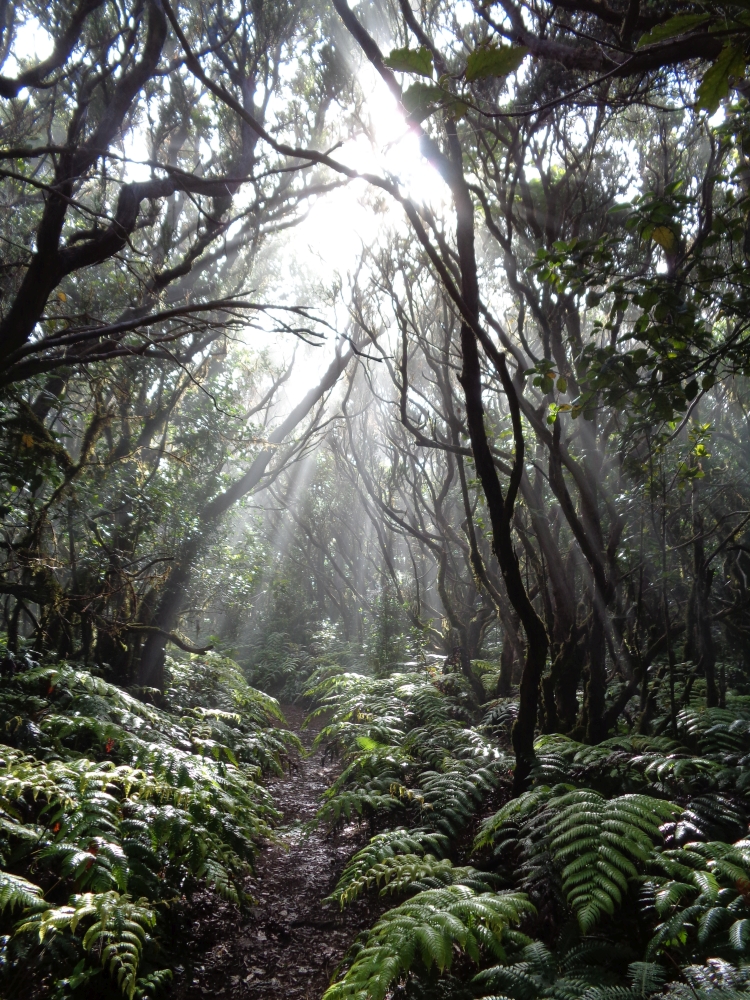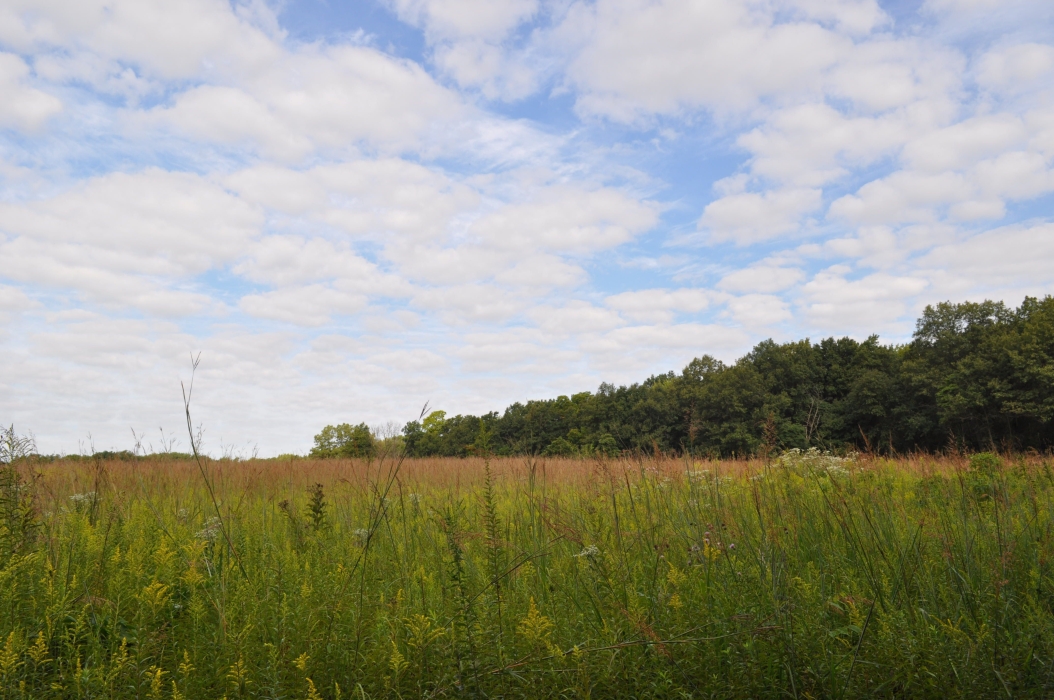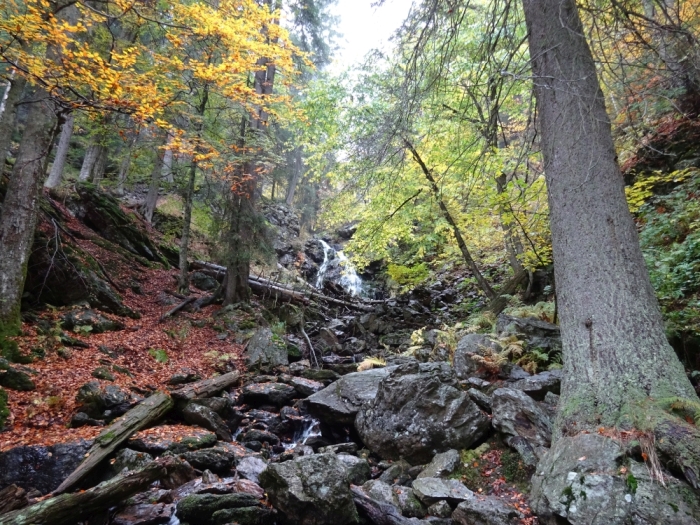The new year has started, and maybe one of your New Year’s Resolutions was to take it easier this year? But maybe you’re already back to your “normal” stressed self?
In my job I often meet young scientists who are stressed out. In fact, mental health and well-being of young scientists are increasingly causing concern1-4. Changing the system takes time, so what can you do right now?
A good way to reduce stress and increase well-being is to take a regular time-out, spend some time in nature5-7, and cultivate mindfulness. So find a forest near you, or if that’s not possible, a nice quiet park will also do.
Enjoy a mindful walk in nature
Slowly walk through the forest, and take your surroundings in with all of your senses. Your only job now is to be present in the moment! This might sound easy, but bringing your mind into the moment can be really challenging. Probably you’ll find your mind wandering, so here’s a little exercise, how to bring it back:
Focus on your senses, each one individually at a time, and tell yourself what you see, feel, smell, hear. (You don’t need to say it out loud, silently in your head is fine!)
- Look around – what do you see? (e.g. Looking at a tree, what colors do you see? What patterns can you observe in the bark? What do the leaves look like? Etc.)
- Touch – what do you feel? Focus on different body parts, start with your feet and then move upwards. (e.g. Is the ground under your feet soft or hard? Can you feel pebbles poking through the sole of your shoe? Are your clothes rubbing on your skin when you move? Can you feel a gentle wind on your face? Etc.)
- Breathe in – what do you smell? (e.g. What does the forest smell like? Or maybe the wild flower patch? Etc.)
- Listen – what do you hear? (e.g. What forest sounds can you hear? Are the sounds coming from above in the trees or on the ground? What do your movements sound like in the forest? Etc.)
Spend 5 minutes on each sense. Closing your eyes might help you explore your non-visual senses. If you take food with you, you can also explore your gustatory sense. (Tip: Try out the “Raisin Meditation” – it’s a great exercise that you can also do at home or in the office.)
Ready for a break, but you can’t head outside right now? Then take a moment, and enjoy these pictures:
I hope you are feeling a little bit more relaxed now! And don’t forget: You can’t pour from an empty cup!
Yours sincerely,
Dr. Iris Köhler – The Scientist Coach
Here are some references and recommended reading:
1Evans T., Bira L., Gastelum J., et al. Evidence for a mental health crisis in graduate education. Nat Biotechnol 36, 282–284 (2018) https://www.nature.com/articles/nbt.4089
2Levecque K., Anseel F., De Beuckelaer A., et al. Work organization and mental health problems in PhD students. Research Policy 46, 868-879 (2017) https://www.sciencedirect.com/science/article/abs/pii/S0048733317300422
3Nature Collection, Science careers & mental health. https://www.nature.com/collections/gnlwffjgtr
4Nature Editorial, 2019, The mental health of PhD researchers demands urgent attention, Nature 575, 257-258 (2019) https://www.nature.com/articles/d41586-019-03489-1
5Bratman G.N., Anderson C.B., Berman M.G., et al. Nature and mental health: An ecosystem service perspective. Science Advances 24 Jul 2019 Vol. 5, no. 7 https://advances.sciencemag.org/content/5/7/eaax0903
6Williams F., 2017, The nature fix: why nature makes us happier, healthier, and more creative. W.W. Norton & Company
7Schuh A., Immich G., 2019, Waldtherapie: Das Potenzial des Waldes für Ihre Gesundheit. Springer
Photos: Alle Rechte bei Dr. Iris Köhler.
